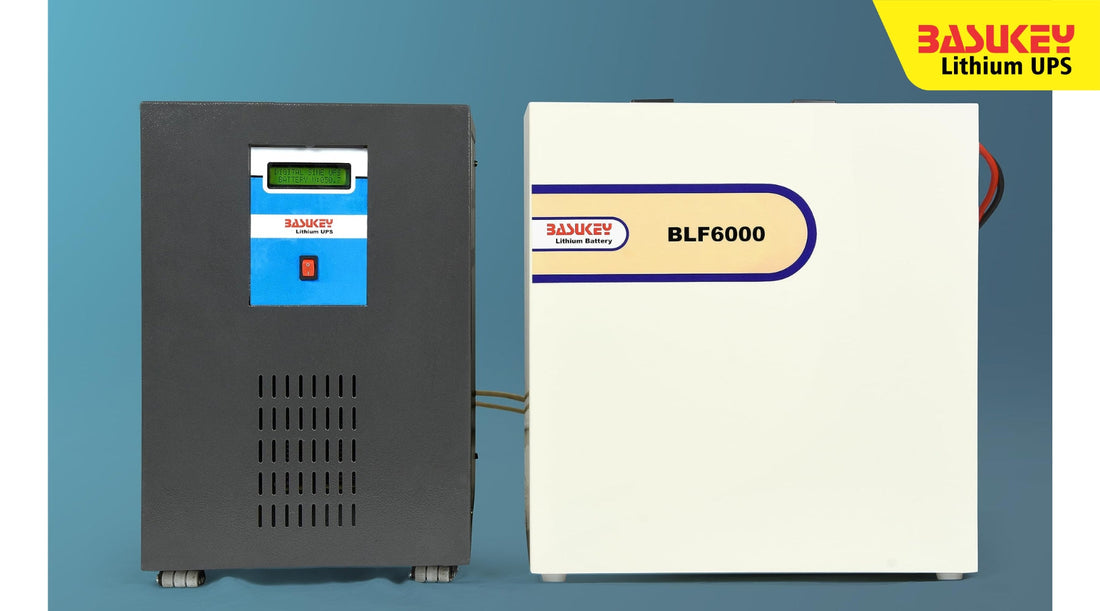
Can Lithium UPS Save You Money in the Long Run? Let’s Crunch the Numbers
Share
Uninterruptible Power Supplies (UPS) are essential for protecting critical equipment from power outages and fluctuations. But can switching to a Lithium UPS actually save you money in the long run? Let's dive into the numbers and find out.
What is a Lithium UPS?
A Lithium UPS, as the name suggests, uses lithium-ion batteries instead of traditional lead-acid batteries. These batteries are known for their high energy density, longer lifespan, and faster recharge times compared to lead-acid batteries.
Longevity and Total Cost of Ownership
One of the key factors to consider when evaluating the cost savings of a Lithium UPS is the longevity of the batteries. Lithium-ion batteries typically last 2-3 times longer than lead-acid batteries, which means fewer replacements over the lifespan of the UPS.
Energy Efficiency and Operating Costs
Lithium UPS systems are also more energy-efficient, with higher charge and discharge efficiency compared to lead-acid batteries. This increased efficiency can lead to lower operating costs over time, especially in environments with frequent power disruptions.
Reduced Maintenance and Downtime
Another cost-saving benefit of Lithium UPS is the reduced maintenance requirements. Lithium-ion batteries do not require regular maintenance tasks such as watering, equalizing charges, or monitoring electrolyte levels, which can save both time and money in the long run.
Initial Investment and ROI
While the upfront cost of a Lithium UPS may be higher than a traditional UPS, the total cost of ownership over the lifespan of the system can be significantly lower. By factoring in the longevity, energy efficiency, and reduced maintenance costs, businesses can achieve a positive return on investment (ROI) with a Lithium UPS.
Conclusion
When it comes to saving money in the long run, investing in a Lithium UPS can be a smart choice for businesses looking to protect their critical equipment and minimize downtime. By considering factors such as longevity, energy efficiency, reduced maintenance, and overall ROI, businesses can make an informed decision that not only ensures reliable power protection but also cost savings over time.
